Atividades
Desde sua fundação em 2002, a FSFE tem trabalhado interruptamente para aprofundar o uso de Software Livre na Europa e além. Com nossas atividades concretas, baseadas no três pilares do nosso trabalho, focamos em proteger e expandir os direitos do(a) usuário(a). Algumas das nossas ações rodam por muitos anos, algumas miram desenvolvimentos de curto prazo, mas todas fazem parte da nossa missão: empoderar usuários(as) para que controlem a tecnologia.
Outra grande parte do nosso trabalho consiste em engajamento contínuo e trabalho de bastidores. Estamos presentes em dezenas de conferências por ano, suporte e manutenção duma excelente comunidade e provê-la de recursos úteis. Ademais, somos um ponto focal de contato para todas as questões e averiguações em torno da liberdade de uso do software e direitos do(a) usuário(a).
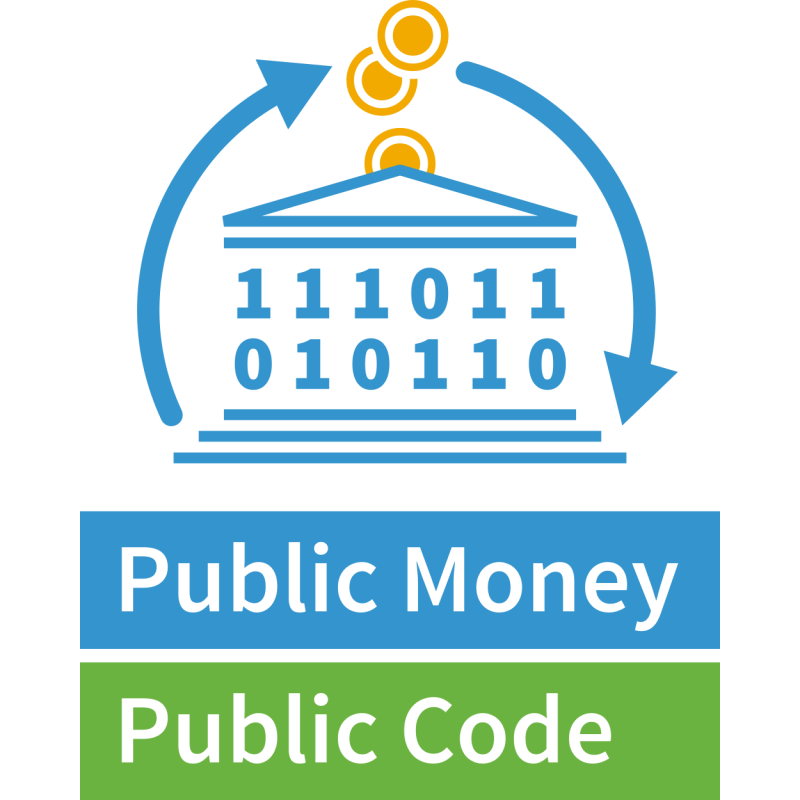
Por que o software criado usando dinheiro de pagadores(as) de impostos não é liberado como Software Livre? Queremos legislação exigindo que software financiado publicamente e desenvolvido para o setor público seja publicamente disponível sob uma licença de Software Livre e Aberto. Se é dinheiro público, o código deve ser tão público quanto. Código pago pelo público deve ser disponibilizado ao público!
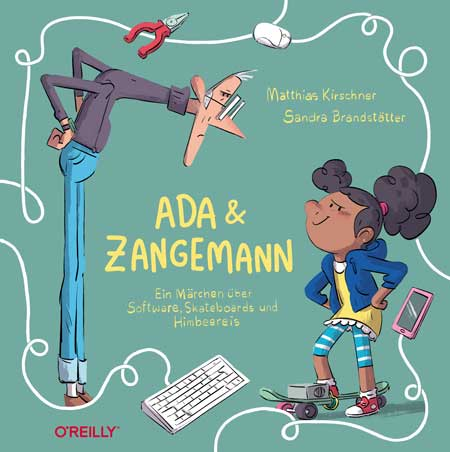
The illustrated book animated movie "Ada & Zangemann - a tale of software, skateboards, and raspberry ice cream" by the FSFE, tells the story of the famous inventor Zangemann and the girl Ada, a curious tinkerer. Ada begins to experiment with hardware and software, and in the process realises how crucial it is for her and others to control technology.
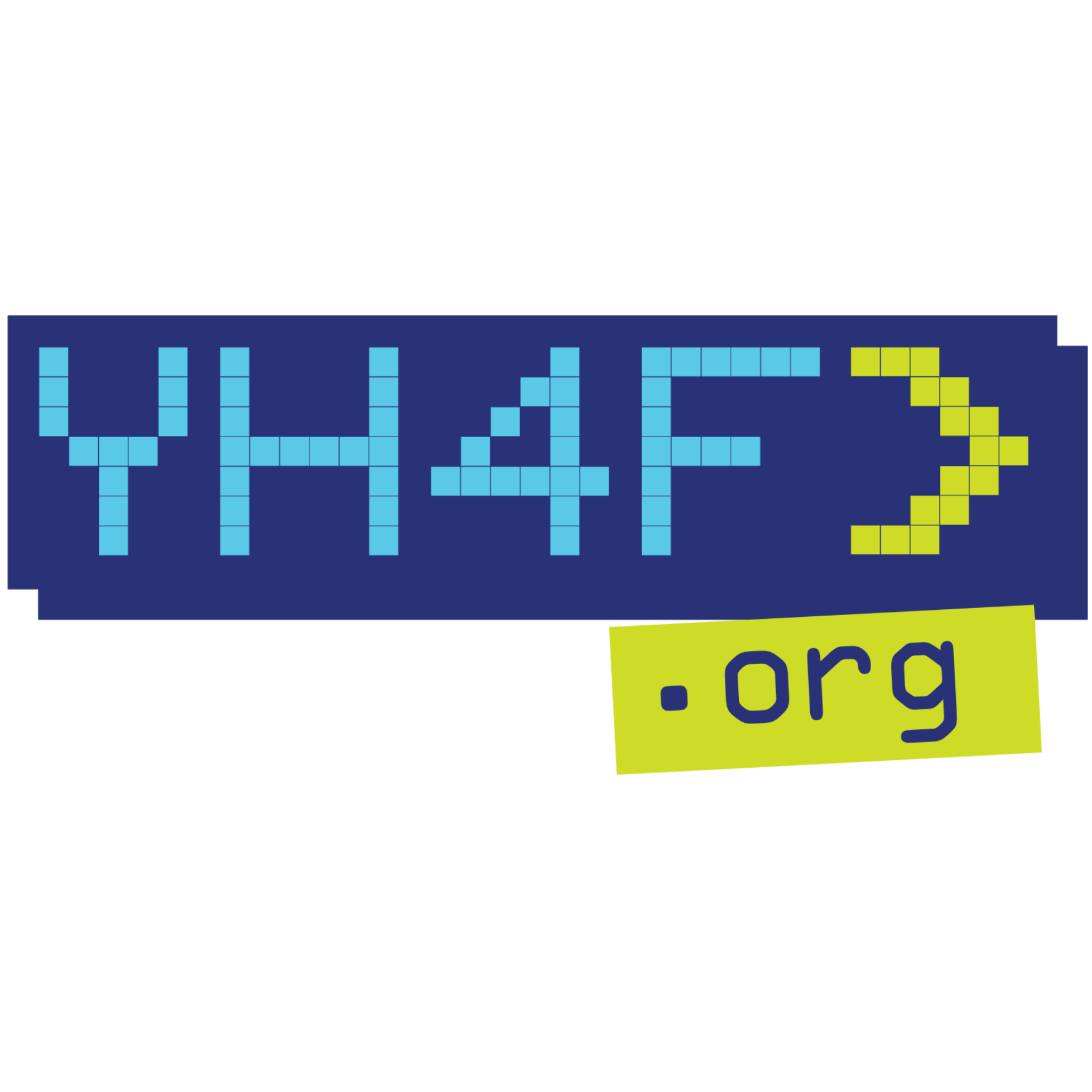
Young people, from all over Europe, compete in Youth Hacking 4 Freedom to win cash prizes by creating programs of their choice licensed as Free Software. The six winners will be invited to the Award ceremony weekend. Youth Hacking for Freedom inspires people to learn programming and to collaborate.
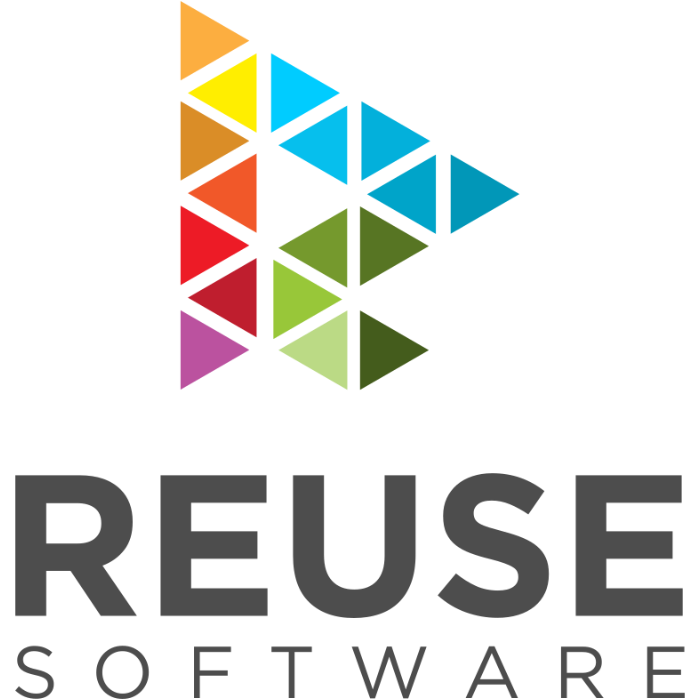
A FSFE está rodando um projeto para facilitar o licenciamento para humanos(as) e máquinas de modo parecido. Ele resolve um aspecto fundamental que o licenciamento de Software Livre tem muito em sua fonte: que licença é um arquivo sob licença, e quem detém o direito de cópia? REUSE porê recomendações fáceis em três passos que audam usuários(as), desenvolvedores(as) e profissionais da área legal.
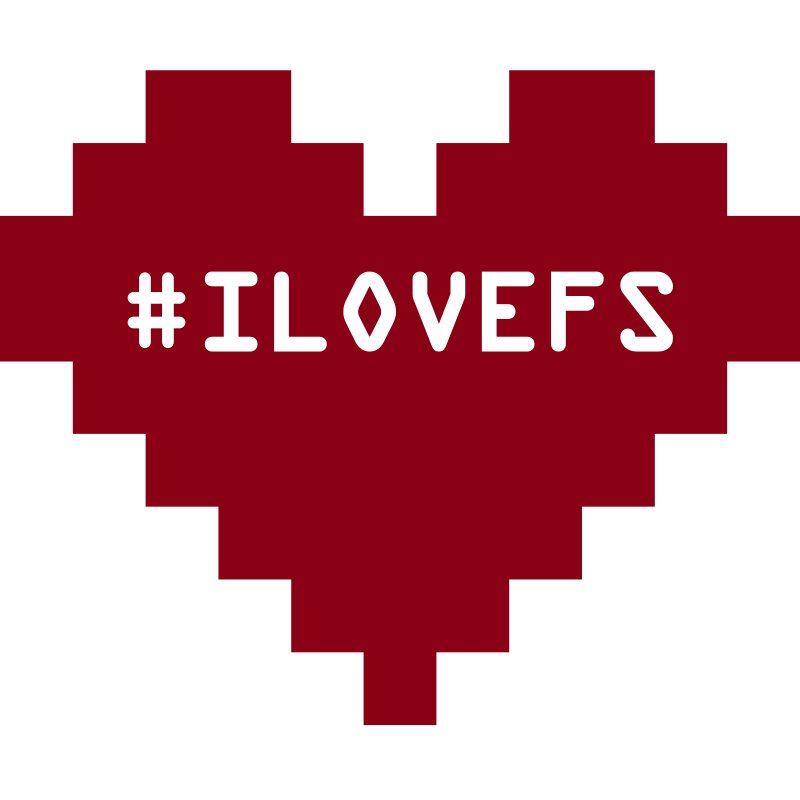
Frequentemente subestimamos o poder dum simpre >obrigado. Contribuidores(as) do Software Livre fazem um importante trabalho para nossa sociedade e merecem atenção. O dia do "Eu amo o Software Livre" em 14 de fevereiro [Dia de São valentim e Dia dos(as) Namorados(as) em certos países] é a oportunidade perfeita para que você expresse sua gratidão especial. Desde 2010, temos celebrado esse maravilhoso evento anual com uma comunidade diversa e sempre crescente. ♥ ♥ ♥
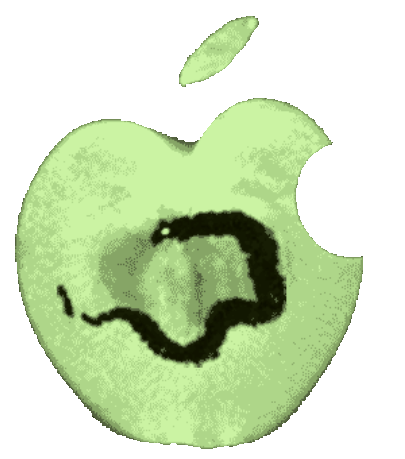
The FSFE is intervening to safeguard Free Software in a key court case involving Apple and the European Commission.
Apple is trying to avoid obligations derived from the Digital Markets Act (DMA).
The FSFE seeks to hold Apple accountable under the DMA in a developer-friendly way.
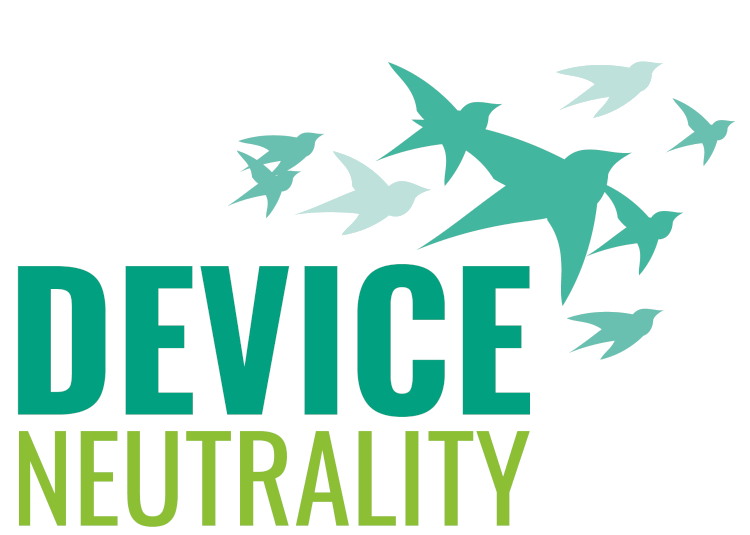
Although digital devices are ubiquitous today, the number of devices on which users cannot run Free Software is exponentially increasing. The consequence is an increased loss of control over users’ technology. Device Neutrality aims to enable end-users to bypass gatekeepers to have a non-discriminatory use of Free Software on their devices.
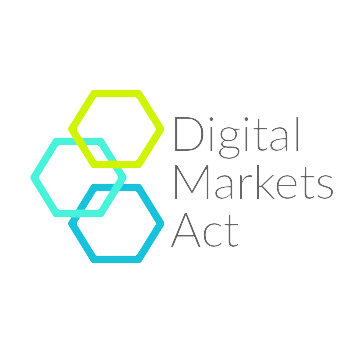
Device Neutrality is the policy concept to regulate monopoly over
devices and re-establish end-user control over their digital equipment.
The Digital Markets Act (DMA) regulates the economic activity of large
digital platforms and introduces Device Neutrality in the EU
legislation, fostering access to Free Sofware in Devices.
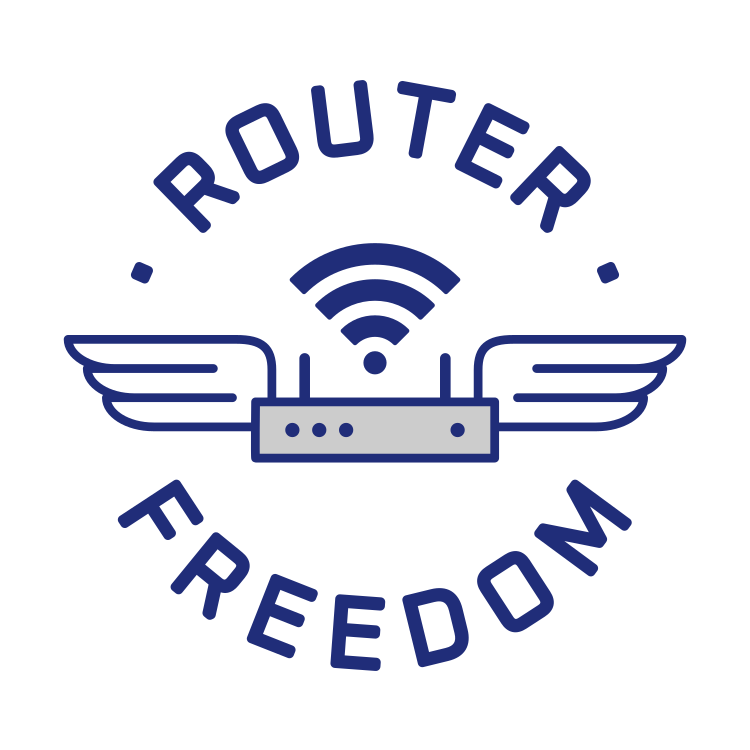
Deveria ser desnecessários dizer que na nossa sociedade deveríamos ser aptos(as) a escolher livremente os dispositivos técnicos para usar em nossas casas. Mas alguns provedores de serviços de Internet na Europa desonram esse princípio ao ditar qual dispositivo seus consumidores devem usar para se conectar à Internet, ou praticam discriminação contra proprietários(as) de dispositivos alternativos. A corrosão de nosssa liberdade básica de escolha é fortemente oposte pela FSFE e muitas outras ONGs, projetos e pessoas avulsas. Liberdade de Roteadores não é apenas um tópico para "experts". Afeta a todos(as) nós.

Android é um sistema operacional majoritariamente livre, desenvolvido majoritariamente pelo "Google". Infelizmente, os "drivers" para a maioria dos dispositivos e dos aplicativos na sua loja embutida (Play Store) não são Software Livre. Esta atividade ajuda você a reconquistar o controle de seu dispositivo Android e seus dados. Coletamos informação sobre como rodar um sistema Android da forma mais livre possível e tentamos coordenar os esforços nessa área.
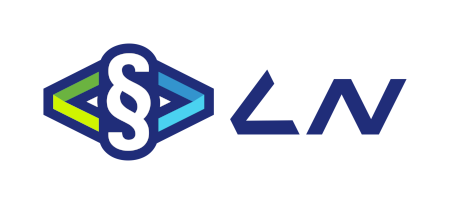
A Legal Network é um grupo neutro e apartidário de "experts" em diferentes campos do conhecimento envolvidos(as) com aspectos legais do Software Livre. Atualmente a Legal Network tam muitas centenas de participantes de diferetnes sistemas legais, arcabouços acadêmicos e filiações. O objetivo da Legal Network é promover discussão e fomentar têm a intenção de ser dinâmicas, provicativas no bom sentido (fazer as pessoas pensarem) e estarem alinhadas aos recentes desenvolvimentos tecnológicos. Desde 2007, temos conduzido o Seminário de Licenciamento e Aspectos Legais (LLW) que tem sido a mais avançada congregação de advogados(as), aficcionados(as) em tecnologia e líderes nos assuntos legais e de licenciamento referentes ao Software Livre numa atmosfera informal e confidencial.
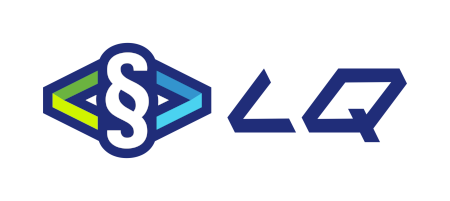
A lista de correio eletrônico sobre Questões Relacionadas às Licenças é nosso grupo de voluntários(as) dedicado a prover ajuda referente a licenças e conformidade legal em Software Livre. Se você precisa de consultoria sobre o que as licenças de Software Livre você deveria usar, ou se você quer cohecer melhor sobre que direitos você tem sobre um pedaço de Software Livre, pode nos contatar.
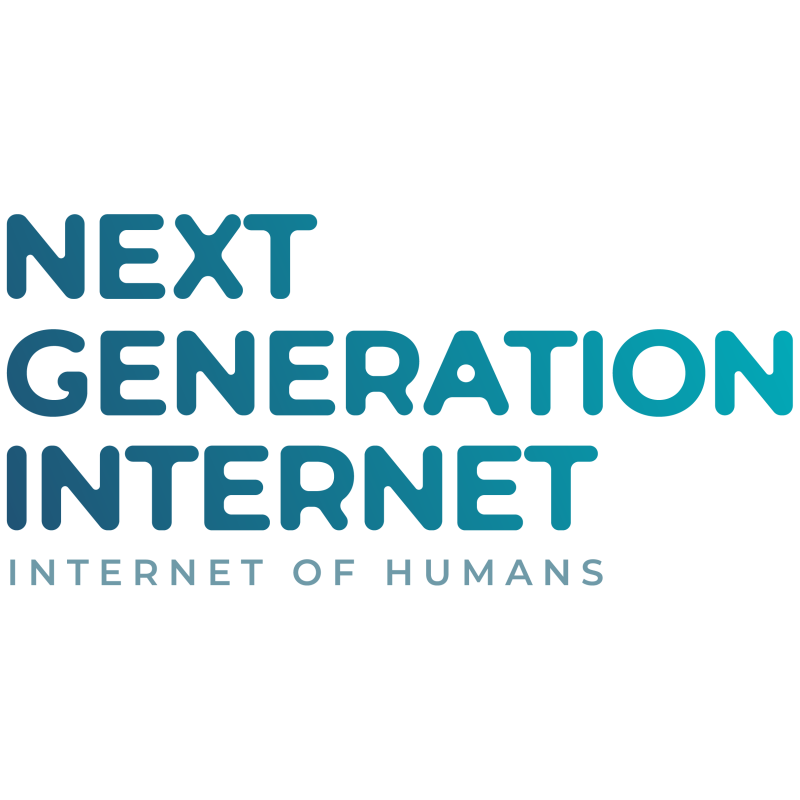
A FSFE é uma organização parceira da NGI, uma coalizção de várias entidades sem fins lucrativos Europa afora. Fundada pela Comissão Europeia, NGI provê garantias a pesquisadores(as) e desenvolvedores(as) avulsos(as), bemcomo equipes que desejam trabalhar em novas ideias e tecnologias que comtribuem para o estabelecimento da Internet da Próxima Geração. A FSFE provê apoio legal para projetos que melhorem o caraer aberto, inclusivo, transparente, cooperativo, que valorize a privacidade e proteção dos dados.
Mais actividades
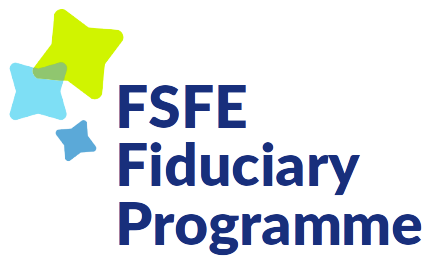
The Fiduciary License Agreement (FLA) allows software projects to assign
copyrights to a named fiduciary for its effective management. This allows
developers to focus on development rather than spending time on legal
administration. While the FSFE is no longer accepting new projects under the
Fiduciary Programme, we continue to offer customisable versions of the FLA)
for your use.

Keep using your phone with Free Software. Upcycling Android explains
the issue of software obsolescence in the Android world and helps
people flashing their phones with Free Software operating systems.
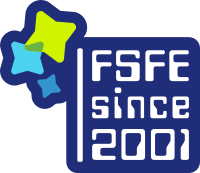
Em 2021, a Free Software Foundation Europe (FSFE) completou 20. Esse tempo todo temos empoderados usuários(as) para usar, estudar, compartilhar e incrementar software. Em 20 anos de FSFE, agradecemos todas as pessoas que nos ajudaram ao longo desse caminho. Aqui você encontrará entrevistas discutindo o progresso da FSFE bem como aspectos tecnológicos. Seja bem-vindo(a) para comemorar conosco!
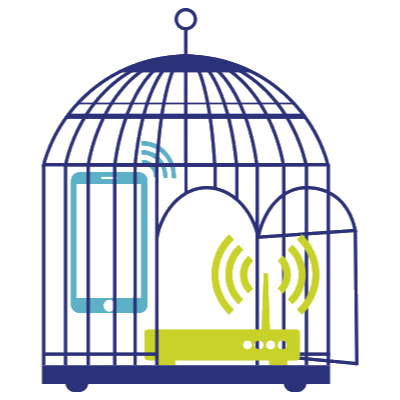
Uma regulação da União Europeia pode tornar impossível instalar um pedaço personalizado de software na maioria dos aparelhos que lidam com ondas de rádio como roteadores, "smartphones" e dispositivos embarcados. Ele requeer que os fabricandes de hardware implementem uma barreira que proíba usuários(as) de instalar qualquer software que não seja certificado por eles. Estamos trabalhando para evitar as esperadas implicações negativas nos direitos dos(as) usuários(as) e do Software Livre, segurança, livre competição, meio ambiente e iniciativas comunitárias de caridade.

Qual a melhor época há para perguntar a políticos(as) sobre suas posições quanto ao Software Livre e Padrões Abertos do que no tempo pré-eleitoral? Acreditamos que podemos e devemos fazer esses tópicos um assuto em todas as eleições, quer seja em nível europeu, nacional, regional ou local. Dependendo do sistema eleitoral e da cultura local, há estratégias diferentes e ferramentas que usamos: Perguntar a seu/sua candidato(a) uma lista de perguntas, a ferramenta online "Digital-O-Mat" e a plataforma também online Freedomvote, além da "Let's Promise"(Prometamos) para anotação de compromissos.
We are working towards a world where software does what software
users want it to do. For this, software users must be able to
participate in the development and distribution of the software.
Software patents block this goal by adding legal and financial
risks to software development and distribution and by giving the
patent holders legal power to completely prohibit software
developers from using the patented ideas.

The FSFE is part of these European consortium to promote and raise awareness about the importance of Free Software, Open Data, and Open Hardware among academia, business, industry, and innovation supporting organizations. As a big part of our work, we are promoting the REUSE specification as an important element for licensing compliance.

An initiative to bring Free Software in the education sector by increasing
the digital sovereignty and competence of students and teachers. Created by the
Zurich chapter, 'Lernen wie die Profis' was awarded the DINAcon Award. The activity is in German.
The PDFreaders initiative aims to shine a spotlight on government
organisations that promote proprietary PDF readers. With the help of
activists across Europe, we have contacted these organisations and told
them how they can improve their websites to respect our freedom. On
pdfreaders.org
we present Free Software PDF readers for all major operating systems.
DRM.info is a collaborative platform initiated and maintained by the FSFE to
inform about the dangers and concerns of the Digital Restrictions Management.
Contributors to DRM.info include digital freedom, consumer protection, net
activism and library organisations.
In 2001 the European Union started investigating Microsoft's dominant
position in the market for desktop operating systems. The FSFE represented
the interests of Free Software developer as a public interest organisation
who cannot be bought off. Thanks to the excellent work by all involved
parties, the case was won in all rulings up to the European Court of
Justice in 2012.
FOSS4SMEs was a two-year collaborative Erasmus+ project to spread and
increase knowledge about Free Software. The FSFE collaborate with the other
partners to develop free online educational resources for managers and
employees of small and medium-sized enterprises (SMEs).
The Slovak company EURA faced fines of 5600 euros for not purchasing and use
Microsoft Windows operating system for submitting electronic tax reports.
The Slovak tax administration gave EURA the option to either buy and use
Microsoft Windows or face the fines. The FSFE assisted in this case
advocating for platform-neutral solutions for such procedures. Unfortunately,
the court ruled against Free Software and Open Standards, but we were able to
raise awareness about these wrongdoings in Slovakia and beyond.
This activity was specifically targeted at the Dutch education sector, with
the aim of enabling citizens to have free access to education and public
institutions, both online and offline. By promoting the mandatory use of
Open Standards and platform-independent access to all materials, students
and parents will be able fulfil their potential for personal growth and
development without being dependent on a company.
Can a company modify GPL-licensed software on a third-party device? Router
manufacturer AVM accused Cybits of copyright and trademark infringement
for modifying the original router firmware, which is largely based on the
Linux kernel. Together with gpl-violations.org, we successfully convinced
the court that the terms of the GPL licence are binding: software under
this licence can be freely modified and installed, even if it is supplied
as part of the firmware of an embedded device.
The Internet Governance Forum (IGF) is a global policy discussion forum of
the United Nations, established as an outcome of the UN World Summit on
the Information Society (WSIS). FSFE followed the IGF to ensure that
policy discussions will not endanger digital freedom in general and Free
Software in particular.
SELFConcluído
The SELF project (Science, Education and Learning in Freedom) aimed at
creating a repository of educational materials on Free Software and Open
Standards. It did this by providing a platform for the collaborative
development of educational materials, as well as by engaging in the
development of educational materials that were missing in the field today.
Since the beginning of the standardisation process for Microsoft's Office
Open XML - OOXML (hereafter MS-OOXML), the FSFE has raised serious doubts
about whether MS-OOXML can be considered open. FSFE was the first to raise
the issue in the community, led the movement against the standardisation
of MS-OOXML, and has been closely following developments over the years.
A second Intellectual Property Rights Enforcement Directive was proposed
by the European Commission. It aims to criminalise all "intentional,
commercial-scale" infringements and allow rights holders to participate in
investigations. The FSFE pointed out to the EU institutions how such laws
encourage abuse of the legal system and have a chilling effect on
law-abiding activities.
The release of version 3 of the GNU General Public License (GPL) on 29
June 2007 marked the end of an eighteen-month public consultation process.
During this time, the FSFE worked to raise awareness of the proposed
changes to the licence, to help the community participate in the public
consultation, and to document the ongoing discussion to make this issue as
accessible as possible.
The World Intellectual Property Organization (WIPO), one of the 16 specialised
agencies of the UN system, administers 23 international treaties dealing with
various aspects of limited monopolies on knowledge. As an observer to WIPO, and
together with a global coalition of other actors, the FSFE worked to transform
WIPO into a "World Intellectual Wealth Organisation".
The World Summit on the Information Society (WSIS) was a two-summit UN conference
organised by the ITU to propose important cornerstones for the information and
knowledge society. The FSFE participated with other civil societies to ensure
that the principles of the digital age would protect digital freedom, knowledge
sharing, access to information and Free Software.
The Brave GNU World was a monthly column published from 1999 to 2004,
addressed at both technical and non-technical readers. Its aim was to
provide an insight into current projects and developments based on the
Free Software philosophy. The Brave GNU World was translated into 9
languages, making it probably the most widely distributed monthly column
in the world.
The GNU Business Network had the vision to network all companies,
developers and users in and around Free Software in a way that the
potential synergies are encouraged and informed decisions become possible.
The goal was to have Free Software classified by UNESCO as an Intangible
World Heritage and registered in the World Memory Register (another UNESCO
project). The Free Software community and UNESCO share the same values of
freedom, equality and fraternity. Such recognition would be a great boost
for Free Software.
The AGNULA project aimed to create a fully functional, completely Free
Software GNU/Linux distribution for professional audio users. Run by key
players in the audio community, and funded by the European Commission, the
FSFE was a partner in the project, taking care of the legal issues, its
long-term aspects, and making sure that the interests of the Free Software
community were heard.
The European Copyright Directive (EUCD) was the European equivalent of the
US Digital Millennium Copyright Act (DMCA). These laws lead to the
creation of monopolies and cartels, and pose serious obstacles to freedom
of speech and the press by providing means for digital censorship. The
FSFE has been actively involved in opposing such harmful legislation.
The TUX&GNU@school column was a regular column about Free
Software in education written by by Mario Fux. It informed about
educational Free Software, useful web sites on the topic and
other interesting topics for teachers, students and all software
freedom advocates.
Free Software is often referred to as "Open Source". But we are
convinced that Free Software is the better term: easier to
understand, harder to abuse, well-defined, providing additional
value, and offering freedom. We connected companies,
organisations and even co-founders of the Open Source movement
that prefer to use the term Free Software.



















